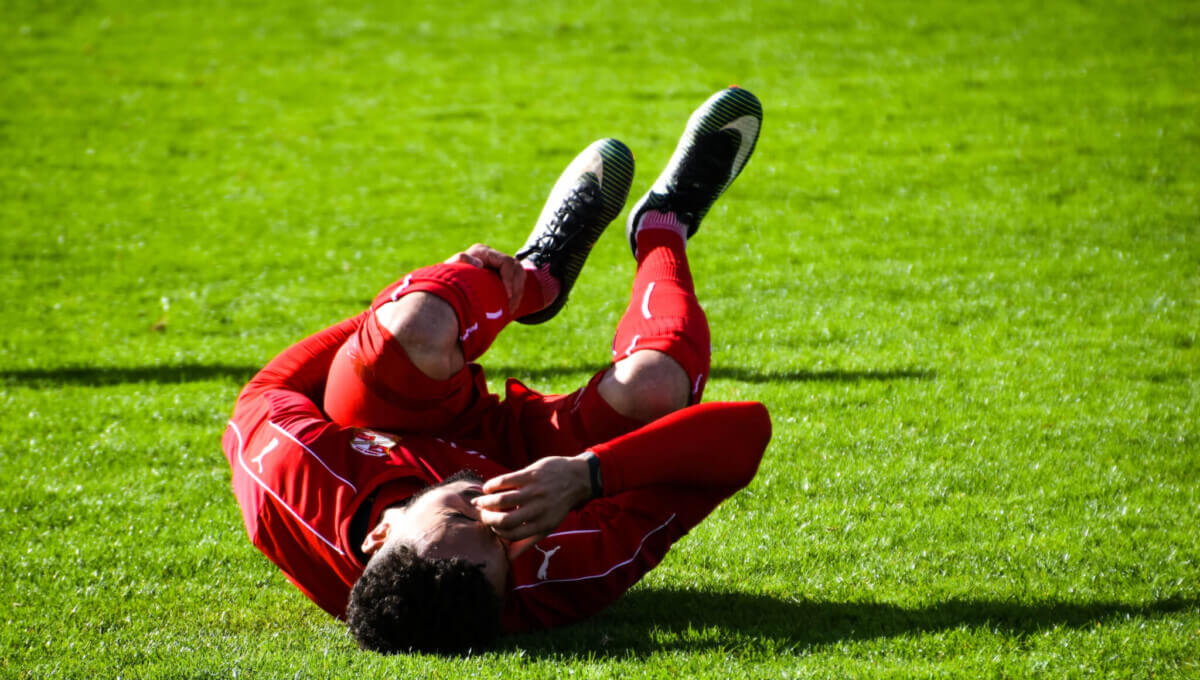
KENT, England — “No pain, no gain” may be the mantra of many coaches, but how athletes get through the pain can be brutally difficult for many. Perhaps the breath can make all the difference. A recent study finds that athletes utilizing mindfulness practices can improve their pain tolerance and overall awareness while rehabilitating from injuries.
Researchers from the University of Kent say the findings could have major implications across the field of sports medicine when it comes to treatment plans. Often times, the injuries that athletes suffer have long-lasting physiological and psychological effects that are much more difficult to treat and deal with than the actual injury itself.
For the study, the Kent researchers tested 20 athletes — 14 male, six female — in their twenties or thirties who had suffered a severe injury that prevented them from participating in their respective sports for three months or more. These athletes were split into an intervention group and a control group for the study. The control group received their normal rehabilitation treatment, while the intervention group added a 90-minute mindfulness meditation session once per week for the eight-week study period.
The authors measured pain tolerance using a Cold Presser Test, and other methods were used to measure mindfulness, depression, anxiety, stress, and mood.
When comparing the control and the intervention groups, the researchers found that pain tolerance increased, as did mindful awareness, in the group that added the mindfulness sessions. Both groups saw their moods improve as treatment went on. Stress levels decreased among participants.
The study utilized a specific, common meditation technique based on Mindfulness-Based Stress Reduction (MBSR), as an intervention for injured athletes, the first study to do so.
“Injured athletes can benefit from using mindfulness as part of the sport rehabilitation process to increase their pain tolerance and awareness. Further research is required to assess whether increasing pain tolerance could help in the therapeutic process,” the authors concluded.
The study was published in the journal Frontiers in Psychology.










